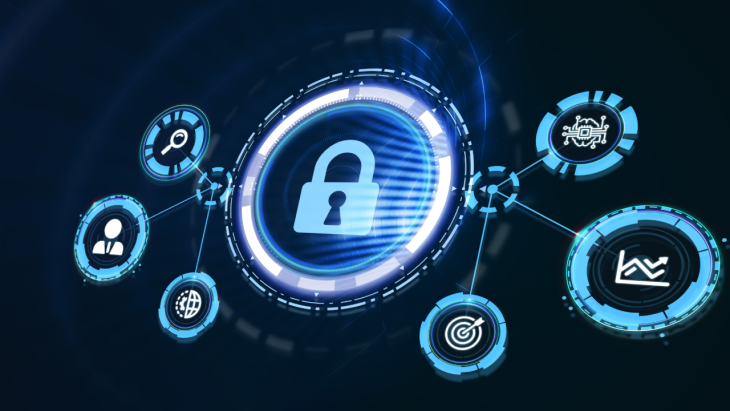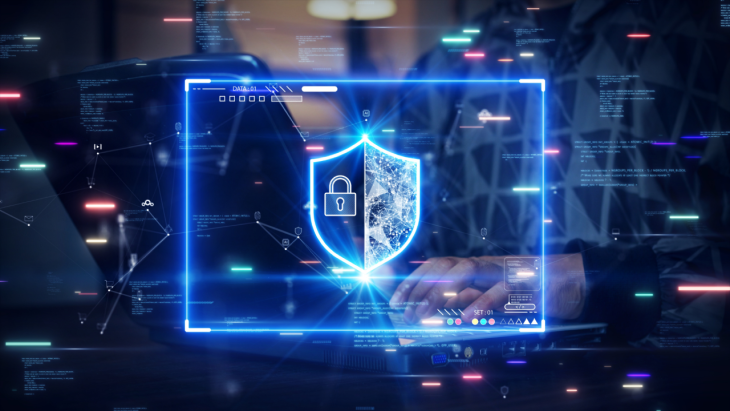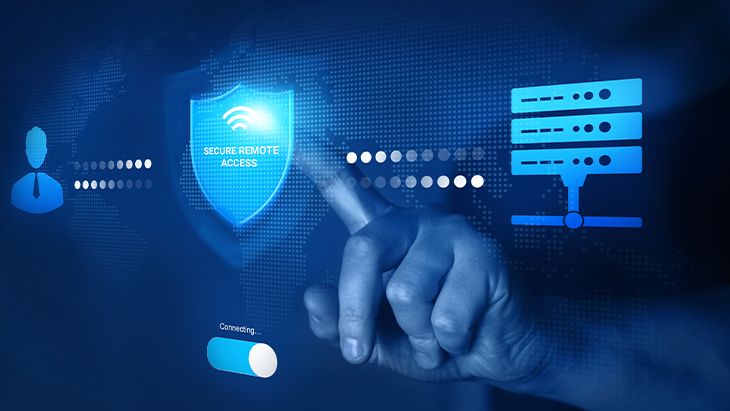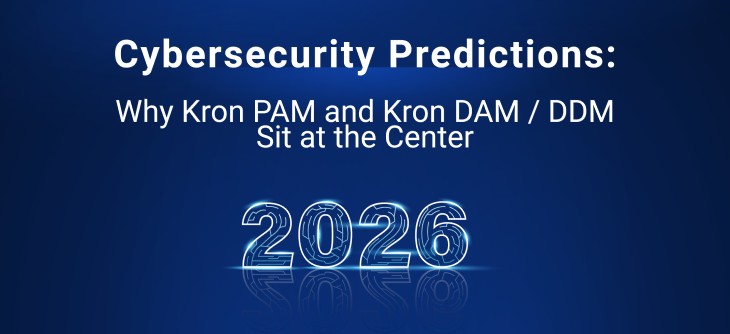
Is Your 5G Mobile Network Fully Secured?
Oct 11, 2018
/
Kron
As unprecedented growth in mobile data usage and number of connected machines to mobile networks continues, the development of fifth generation mobile communication technologies is going full speed ahead.
5G deployments will unlock further human and machine innovations. Given the much improved capacity, latency, and compute capability up to and including the very edge of the network (including Multi-Edge Computing, or MEC) with near-instantaneous, zero distance connectivity, the demands on security will become even more intense.
Consumers and businesses already rely heavily on mobile networks for sharing private information, including the use of credit cards for online purchases, accessing health data, using social media, personal messaging apps and so on.
Security at scale is a critical issue for future 5G mobile networks. Moving computing closer to or onto devices will change the game for physical layer security approaches needed to perform secure data transmission directly or via the distribution of cryptography keys/encryption.
Mobile CSPs not only have an obligation to ensure that access to their new core 5G infrastructure is adequately protected, but that the devices themselves are registered into the network and are protected at the edge. While the latter is arguably the responsibility of the device owner, service providers are in a unique position to offer full, end-to-end privileged access management (PAM) and authentication services (including multi-factor authentication) to protect sessions between users and the network and, most importantly, protect the sensitive information and data coming from its users and enterprise customers.
CSPs can utilize Kron’s Single Connect TM PAM software suite to create a unified security strategy design across the network and physical layers, for both real time human communications and the exploding IoT device communications as they roll out new mobile offerings on 5G networks.
They can offer premium security services using multilevel encryption, and include multifactor authentication (MFA) offerings. MFA is easier to use for consumers and are more secure than typical passwords. Using Kron’s Single Connect, a CSP can be prepared to respond to new forms of attacks specific to the way 5G networks will operate, including pilot spoofing and jamming attacks against base stations with multiple antennas.
When it comes to deploying 5G super services, security must be a forethought vs. an afterthought when building a go-to-market strategy. Riding this wave means huge upsides for CSPs; ensuring these services run securely with the right security plan in place is an obligation they cannot ignore in the process.
Author: Pinar Ormeci
Highlights
Other Blogs

Did Zero Trust Kill Defense in Depth or Has Defense in Depth Improved Zero Trust?



















